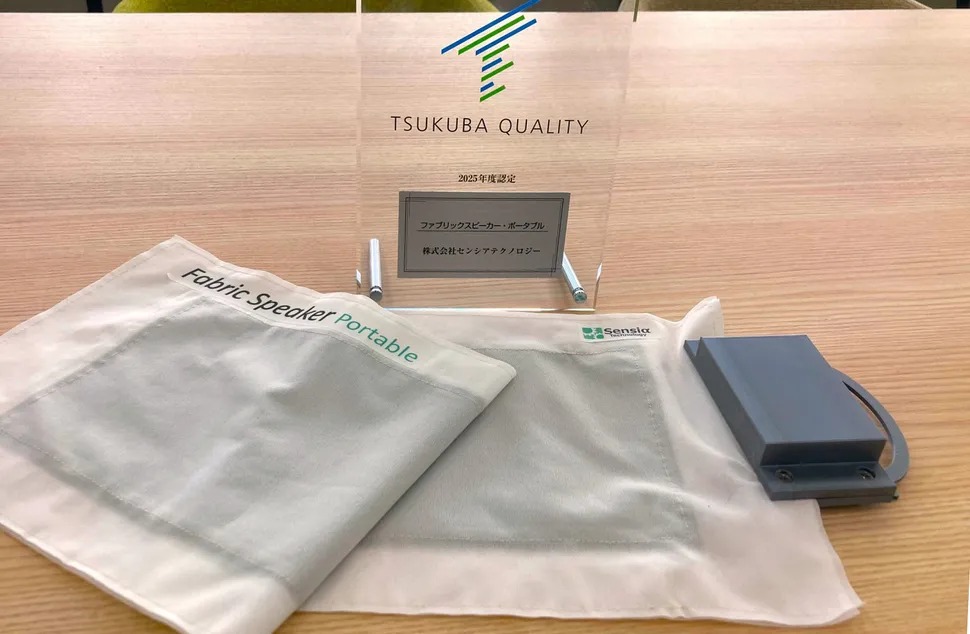The federal government just gave the green light to military-grade phone hacking. ICE reactivated its $2 million contract with spyware vendor Paragon Solutions on August 30, nearly a year after the Biden administration paused the deal over human rights concerns. The timing feels deliberate—buried in late summer when few people pay attention to federal procurement databases.
The contract originally signed in September 2024 grants ICE access to Paragon’s “Graphite” spyware, software capable of bypassing encryption on WhatsApp, Signal, and Facebook Messenger. Similar to NSO Group’s infamous Pegasus spyware, but marketed with better public relations. Paragon has spent considerable effort positioning itself as the “ethical” alternative in commercial spyware, selling only to the U.S. and allied governments.
Ethical Claims Meet Inconvenient Facts
Company’s targeting of journalists and activists undermines responsible use narrative.
That ethical positioning took a beating in early 2025 when Italian investigations revealed Paragon’s Graphite had targeted at least two journalists and several pro-immigration activists. The revelations forced Paragon to sever ties with the Italian government—hardly the track record of a company committed to responsible surveillance.
“These tools were designed for dictatorships, not democracies built on liberty and protection of individual rights,” warns John Scott-Railton from Citizen Lab, according to TechCrunch. The growing pile of spyware scandals in democratic countries suggests the “ethical spyware” category might be an oxymoron.
Ownership Shell Game Sidesteps Regulations
U.S. acquisition creates regulatory workaround for foreign surveillance technology.
AE Industrial Partners, a U.S. private equity firm, acquired Paragon in late 2024 for $500 million and merged it with Virginia-based REDLattice. The timing wasn’t coincidental—foreign ownership likely complicated the contract under Executive Order 14093, which restricts government procurement of spyware linked to human rights risks.
The ownership transfer appears to have satisfied whatever compliance concerns triggered the original stop work order. ICE, DHS, and Paragon haven’t responded to media inquiries about oversight mechanisms or deployment scope, leaving the public to guess how this technology will be used against migrants.
Privacy rights now depend on agencies that won’t explain their surveillance capabilities. The contract reactivation signals that regulatory red lines on commercial spyware are more flexible than the executive order suggested, especially when a vendor acquires the right passport.





























